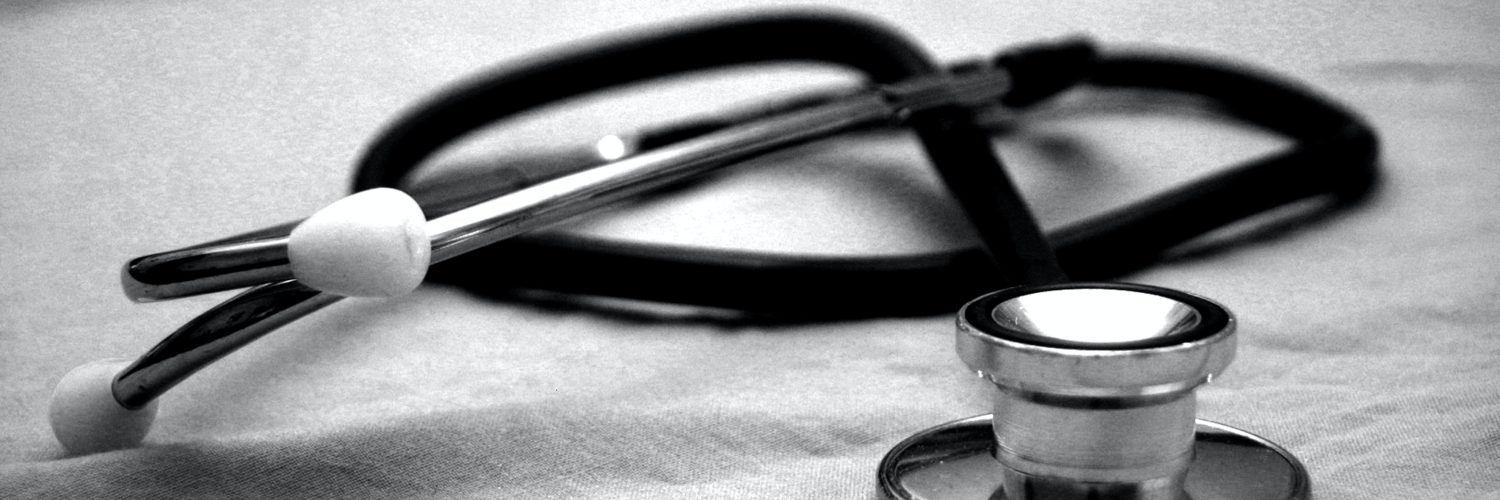Case before the Lower Court of Zeeland-West-Brabant of 26 January 2024.
The taxpayer supplies a ‘smart’ incontinence system, aimed at improving incontinence care for clients. The system provides insight into the status of the incontinence product, thereby enabling caregivers to change clients when necessary. The goal is to prevent both late changes and unnecessary changes. This leads to improved quality of care, alleviation of the (direct) consequences of incontinence for clients, reduced consumption of incontinence products, thus reducing the need for purchase, and reducing the time investment and physical burden for caregivers.
The system consists of various components:
- a diaper or insert (hereinafter: the incontinence product);
- a clip;
- a relay (to which a maximum of 10 clips can be connected); and
- the Medisense system.
The Court decided that there are two supplies to be distinguished: (1) the supply of incontinence pads (to which the reduced rate applies) and (2) the so-called ‘smart function’. The Court qualifies that second performance as a service. The provision of a service does not fall under the performance referred to in item a.8. of table 1 of the Dutch VAT Act, so that the reduced rate does not apply to that performance.
Source: Rechtspraak.nl (Rechtbank Zeeland-NoordBrabant nr BRE 20/10277 – ECLI:NL:RBZWB:2024:391)
Latest Posts in "Netherlands"
- VAT refund rightly refused due to unproven previous payment
- VAT Rules for Unpaid Invoices: When Can Entrepreneurs Reclaim or Repay VAT?
- No VAT Refund for X: Failure to Prove VAT Payment on Uncollectible Claim; Appeal Dismissed
- Netherlands Changes VAT Refund Procedure: Invoices Required from April 1, 2026
- Reduced VAT Rate Not Applicable to Artistic Murals, Only to Residential Painting and Plastering














